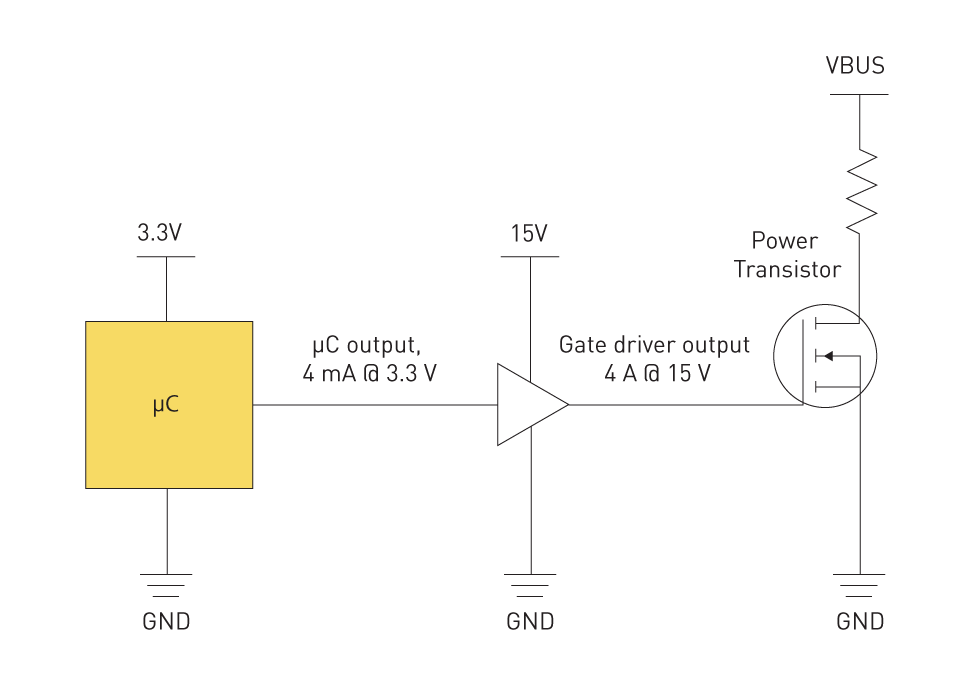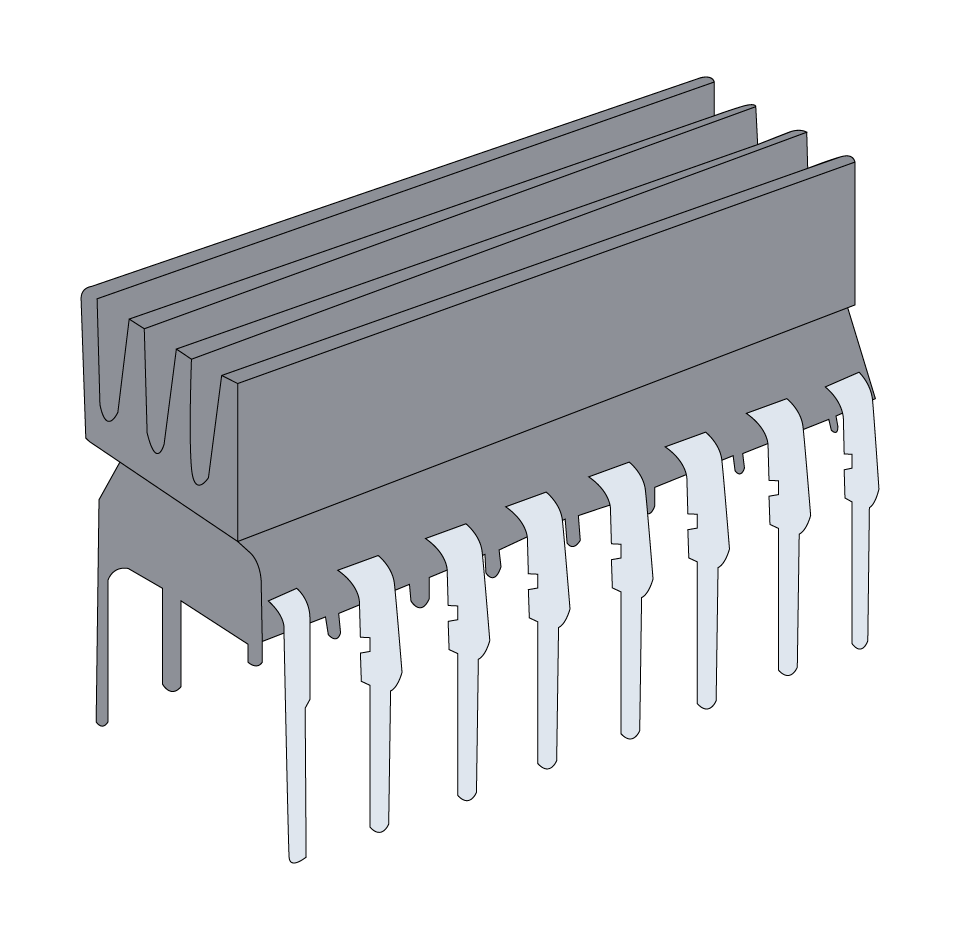Understanding Industry Standards
In the field of electrical and electronic engineering, it is absolutely necessary to adhere to industry standards in order to guarantee the quality, dependability, and safety of the products that are manufactured. The International Organization for Standardization (ISO) and the International Electrotechnical Commission (IEC) are two of the most significant organizations that are responsible for establishing these standards. It is essential for anyone involved in the design, manufacturing, and use of electronic components and systems, including digital isolators, to have a fundamental grasp of the standards that are established by these groups.
Brief Overview of ISO and IEC Standards
ISO Standards
- Scope and Purpose: The International Organization for Standardization (ISO) is a non-governmental, autonomous global organization that creates standards to guarantee the effectiveness, safety, and quality of systems, goods, and services.
- Relevance to Electronics: Although ISO standards are applicable to many other industries, the manufacturing and quality assurance procedures in the electronics sector benefit greatly from the application of particular standards like ISO 9001 (Quality Management Systems).
- Global Recognition: ISO standards are widely accepted on a global scale and frequently form the foundation for national standards in different nations.
IEC Standards
- Focus on Electrotechnology:Electrical, electronic, and associated technology standards are the area of expertise for the International Electrotechnical Commission (IEC). Comparing these standards to ISO standards, they are more precise and sophisticated.
- Relevance to Digital Isolation: IEC standards are especially pertinent to the testing and design of electronic components, such as digital isolators. For instance, the standards for electrical safety and testing methods are outlined in IEC 60601 (Medical electrical equipment) and IEC 61010 (Safety requirements for electrical equipment for measurement, control, and laboratory usage).
- IEC 60747 Series: This set of standards describes the test procedures, performance requirements, and safety features for semiconductor devices, such as digital isolators.
Harmonization with National Standards
Member nations frequently adopt both ISO and IEC standards as national standards, either exactly or with slight alterations to accommodate regional needs.
The harmonization of these standards facilitates international trade and product acceptability by guaranteeing uniformity in quality and safety requirements worldwide.
Compliance and Certification
In the field of electrical and electronic engineering, certification and adhering to industry standards are not only necessary to comply with regulations but also important elements that have a big impact on product development and market acceptability.
Importance of Certification
Ensuring Safety and Reliability: A product's safety and dependability can be confirmed by its certification against industry standards, like those established by ISO and IEC. Such certification guarantees that the product satisfies specified standards for safe operation, which is essential for fostering user trust in digital isolators and related components.
Quality Assurance: Completing certification necessitates arduous examination and assessment procedures. This guarantees the product's performance and quality for both the manufacturer and the final customer. Such assurance is essential in sectors such as medical electronics and automobiles, where component failure can have catastrophic implications.
Regulatory Compliance: A lot of places and nations have laws requiring market entry to be completed in accordance with certain standards. Certification ensures that a product complies with these regulatory requirements, preventing pricey legal issues and potential market recalls.
Competitive Advantage: A product's certification highlights its adherence to high standards of quality and safety, making it stand out in a market full of competing goods. Customers may find it a persuasive consideration when making judgments about what to buy.
Impact on Product Development and Market Acceptance
Influence on Design and Manufacturing: Adhering to standards frequently necessitates combining certain manufacturing and design procedures. This can have an impact on every stage of the product development lifecycle, from the first design to the last stage of manufacturing.
Market Access and Global Reach: Because many nations and their customers demand adherence to international standards, certification provides access to foreign markets. This increases the product's market penetration outside of its immediate area.
Customer Confidence: Customers are more likely to trust products that have been certified to meet reliable criteria. This assurance is especially crucial in fields like industrial automation and renewable energy systems, where performance and safety are paramount.
Long-Term Sustainability: Products that meet all the necessary standards and certifications generally experience fewer problems and have a lower likelihood of failure. This ultimately results in longer-lasting products and contributes to overall sustainability. This not only benefits the users but also improves the manufacturer's reputation and lowers the cost of warranty claims and service.







直接登录
创建新帐号